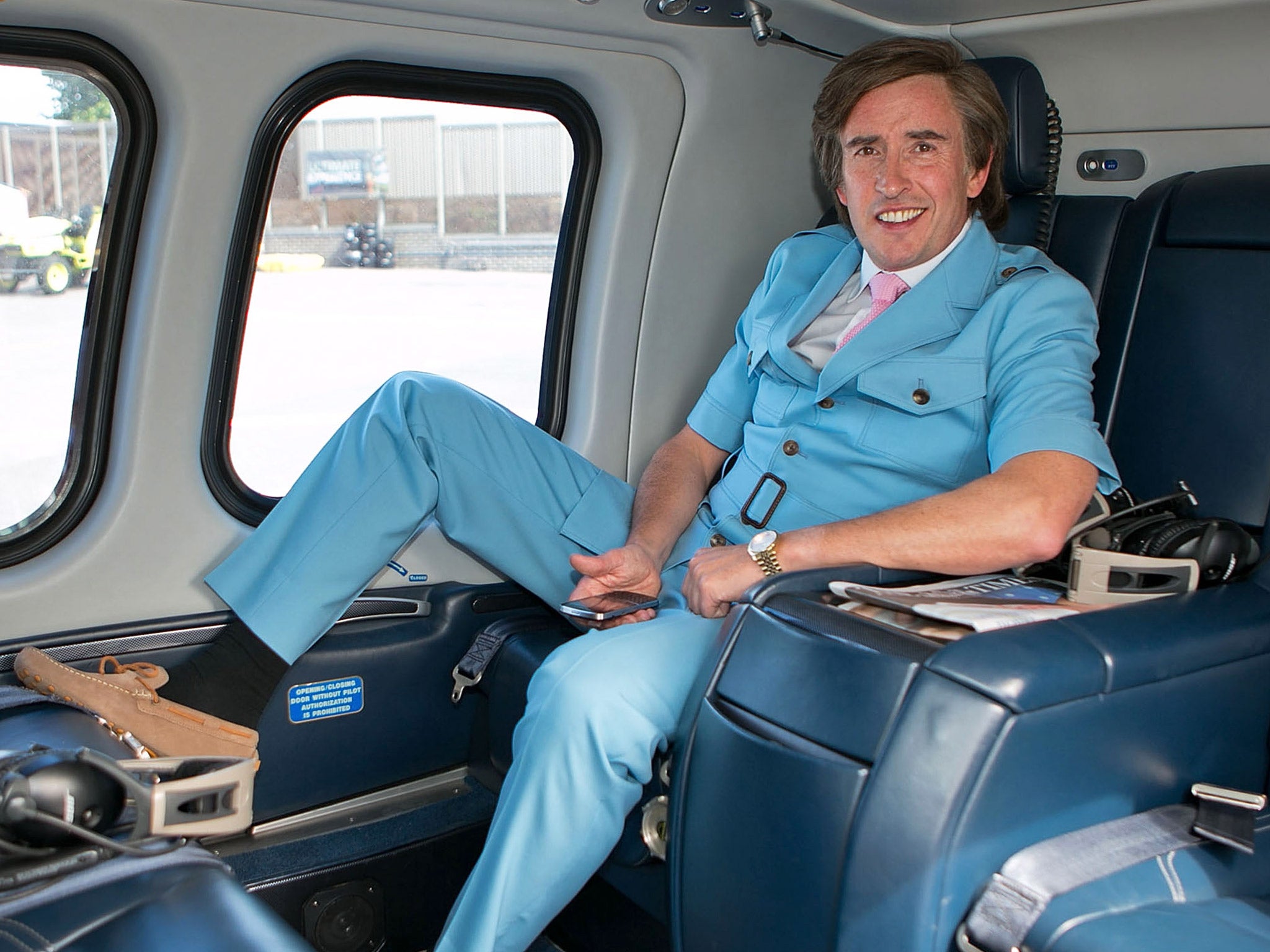Midlife crisis could be early warning for mental health problems, expert says
'The realisation looms that death is on the way and that makes many people try to reclaim some youth – for example by shagging someone younger'

Your support helps us to tell the story
This election is still a dead heat, according to most polls. In a fight with such wafer-thin margins, we need reporters on the ground talking to the people Trump and Harris are courting. Your support allows us to keep sending journalists to the story.
The Independent is trusted by 27 million Americans from across the entire political spectrum every month. Unlike many other quality news outlets, we choose not to lock you out of our reporting and analysis with paywalls. But quality journalism must still be paid for.
Help us keep bring these critical stories to light. Your support makes all the difference.
Middle aged men who buy a flash sports car, develop a lush head of hair at 40, or otherwise show signs of a mid-life crisis may need medical support, rather than societal scorn, an expert has said.
Medical historian professor Mark Jackson will call for society to “stop trivialising the mid-life crisis”, warning it can easily be the first signs of a depressive crisis at a talk at the Royal Society later this month.
There is abundant research on the twin mental health and physical changes in adolescence and old age – but the period in between has been disregarded, the University of Exeter academic will say.
The mid-life crisis has come about from changing demographic factors, like the realities of work and family, as well as physical factors. While stereotypically attributed to men it is even less understood in women.
“Many people reach 40 and suddenly realise that all the success in relationships and jobs they once hoped for had not quite happened,” he told The Sunday Times. “The realisation looms that death is on the way and that makes many people try to reclaim some youth – for example by shagging someone younger,”
While there are lots of coping strategies, he is expected to say that research has found little evidence that they make people happier – even those who adopt more wholesome pursuits such as extreme endurance feats.
Addressing this deficit of information on how to effectively navigate the middle years is key to helping people maintain strong relationships and careers at a time that can be highly pressurised.
“Just as we teach kids what to expect in puberty and adolescence, so we should teach adults what to expect in middle age," he is expected to say.
He will add: “It’s not your wife or husband that’s the problem it’s in you."
Subscribe to Independent Premium to bookmark this article
Want to bookmark your favourite articles and stories to read or reference later? Start your Independent Premium subscription today.
Join our commenting forum
Join thought-provoking conversations, follow other Independent readers and see their replies
Comments